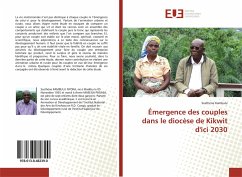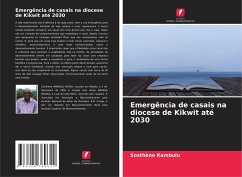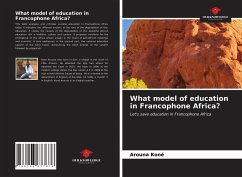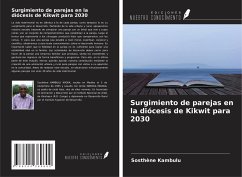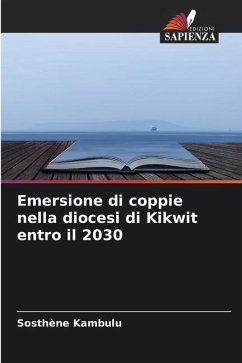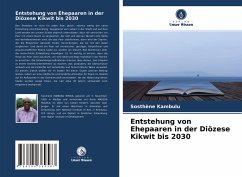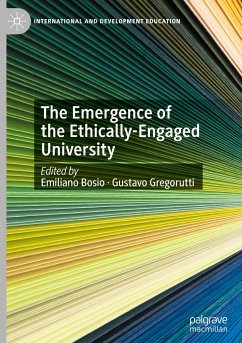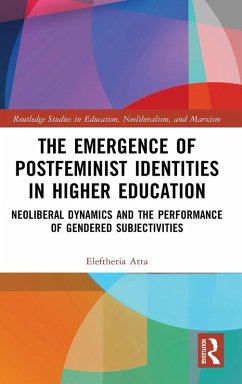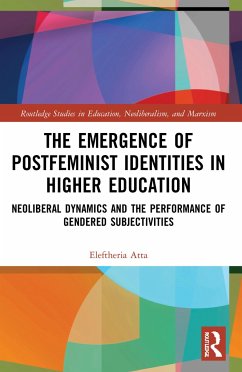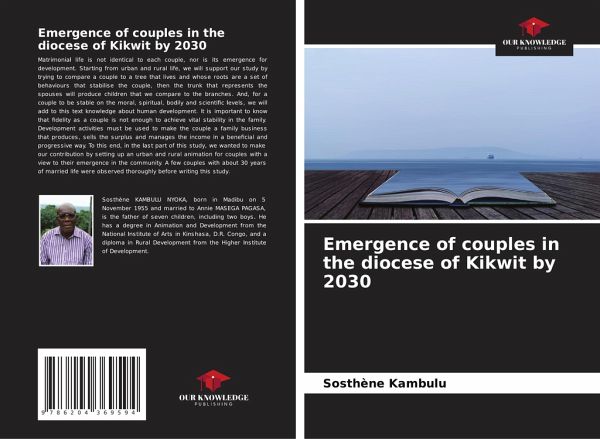
Emergence of couples in the diocese of Kikwit by 2030
Versandkostenfrei!
Versandfertig in 6-10 Tagen
27,99 €
inkl. MwSt.

PAYBACK Punkte
14 °P sammeln!
Matrimonial life is not identical to each couple, nor is its emergence for development. Starting from urban and rural life, we will support our study by trying to compare a couple to a tree that lives and whose roots are a set of behaviours that stabilise the couple, then the trunk that represents the spouses will produce children that we compare to the branches. And, for a couple to be stable on the moral, spiritual, bodily and scientific levels, we will add to this text knowledge about human development. It is important to know that fidelity as a couple is not enough to achieve vital stabili...
Matrimonial life is not identical to each couple, nor is its emergence for development. Starting from urban and rural life, we will support our study by trying to compare a couple to a tree that lives and whose roots are a set of behaviours that stabilise the couple, then the trunk that represents the spouses will produce children that we compare to the branches. And, for a couple to be stable on the moral, spiritual, bodily and scientific levels, we will add to this text knowledge about human development. It is important to know that fidelity as a couple is not enough to achieve vital stability in the family. Development activities must be used to make the couple a family business that produces, sells the surplus and manages the income in a beneficial and progressive way. To this end, in the last part of this study, we wanted to make our contribution by setting up an urban and rural animation for couples with a view to their emergence in the community. A few couples with about 30 years of married life were observed thoroughly before writing this study.



